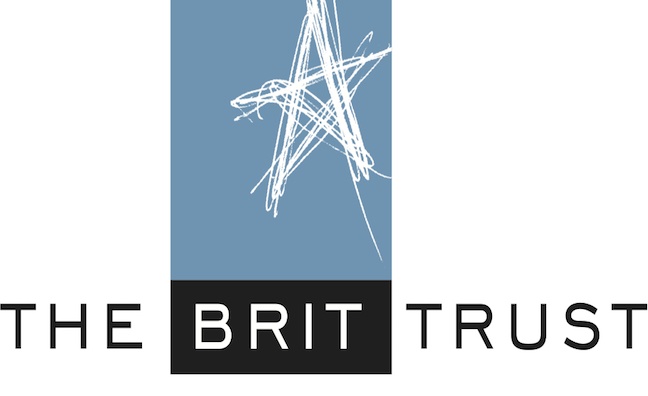Tying in with the BRIT Awards this month is another big event: the 30th anniversary of the BRIT Trust. Here its chairman, John Craig OBE, explains why the money raised by the BRITs is more important now than ever...
Not many people appreciate that the BRIT Awards is a charity event – dispensing money from each show to its trust arm, The BRIT Trust. The Trust, of which I am chair, celebrates its 30th birthday this year and, in that time, has given over £21 million to 70 different charities including War Child, Mind, ELAM, Key4Life and Music Support, plus regular contributions to key partners BRIT School and Nordoff Robbins Music Therapy. Our mission is simple: to support young people in their education. We want to give them the chance to express their creativity through music, giving them practical life skills that can convert into jobs.
This must start at school – and the Trust does much to help support the BRIT School in Croydon – the first free performing arts school in the country (where I am a governor). Founded in 1991, it has now had 9,000 students pass through its doors including, amongst many, Adele, Jessie J, Katie Melua and Leona Lewis. Freya Ridings, Octavian, Jade Bird have all been recent hot tips for 2019; all of them are former students. In fact, students from the school have been responsible for selling over 150 million albums, billions of streams, 12 BRIT Awards, 19 Grammys and two Oscars.
However, we now have as many film students as music students and the school has also produced some fine actors, such as Tom Holland (Spiderman), Cush Jumbo (The Good Wife) and Blake Harrison (The Inbetweeners). In addition, there are film and games producers and a whole host of talented professionals who go on to work across the creative sector – DJs, stuntmen, singers, musicians, producers, digital designers, writers of games, authors, dancers in musicals on stages all around the world... And a whole lot more.
This is a school that is giving students an invaluable education across the arts and related technology, looking to provide what educationalists highlight as the five key future attributes to a child’s individual success and which the Trust looks to endorse across many of the other charities it supports: passion, curiosity, imagination, critical thinking and persistence.
Latest figures (2017) have the UK music business being worth £4.5 billion – up 2% on the previous 12 months with exports up 7% to £2.6bn. The number of people working in the business grew to 145,815. Within the total creative industries’ sector, the number of businesses grew by 1.9% and its value to the economy reached £101.5bn – having grown at nearly twice the rate of the economy since 2010.
Over the last five years, 99% of students leaving the BRIT School have either gone into higher education or jobs within the creative economy. That is an extraordinary statistic. More than ever, in today’s fluid society, it is critical to give students pragmatic, life skills that convert into jobs that not only provide satisfaction and a degree of self-worth, but also play out into the success of the UK’s economy and its culture.
These individuals, in their way, have all made significant contributions to our culture and, importantly, to the economy. It is particularly telling, given the fact that there is a story from the time of the School’s conception in 1989, that Margaret Thatcher told her education minister, Ken Baker (now Baron Baker of Dorking), that her government "was not in the business of funding a school that would just turn out future ‘out-of-work luvvies’!"
It seems to me, more than ever, to make sense for the government hand on the educational tiller to be steering current students, and future generations of workers, to what are known national economic strengths. It defies common sense and pragmatic, social, economic and cultural logic not to follow and invest in what is, by all measures, a national success story. We must be bold in our education policy – what Bill Gates, who has invested £1.3bn into reforming US public education over the next five years calls ‘big bets’ – with innovations to change the educational policy trajectory over the next 10 to 15 years.
Despite the BRIT Trust money, the BRIT School now has its own fund-raising operation because it needs more money. Its educational blueprint works well – for the individual and for society. Charity money should not have to be doing such heavy, and important, lifting.
We believe that culture is a ‘social glue’ and both the BRIT Trust and the BRIT School supports the principle that the arts are important both in themselves and as a means to a social end.
Nothing will create a more open, equal society, despite government meddling, than the arts. The arts can play a critical part in a child’s education and development, stimulating an interest in culture, help provide them with invaluable skills – and lead to future career opportunities. We must creatively and financially invest in their, and our, shared future now.









